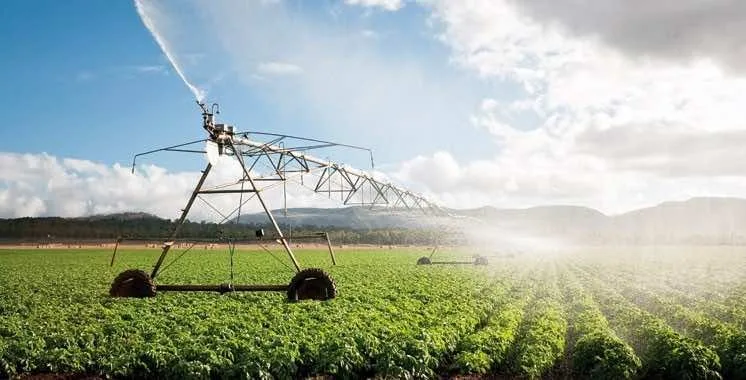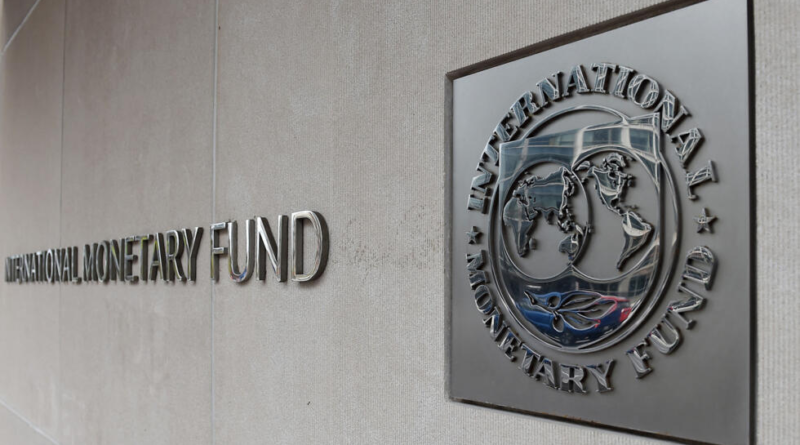IMF Approves Third Review Under Morocco’s Resilience and Sustainability Facility in 2025
Washington, D.C. – March 2025
The International Monetary Fund (IMF) has approved the third review under Morocco’s Resilience and Sustainability Facility (RSF), reaffirming the country’s progress in implementing economic and structural reforms. This approval unlocks additional financial support aimed at enhancing Morocco’s resilience against climate risks, economic shocks, and long-term sustainability challenges.
Strengthening Morocco’s Economic Resilience
The RSF, established as part of Morocco’s broader partnership with the IMF, provides funding to support policies that promote sustainable economic growth. The third review confirms that Morocco has met key reform targets, particularly in climate finance, public debt management, and financial sector stability.
Kristalina Georgieva, Managing Director of the IMF, commended Morocco’s reform efforts, stating, “Morocco has demonstrated strong commitment to structural economic adjustments and climate adaptation strategies, positioning itself as a resilient and forward-looking economy in the region.”

Key Highlights of the Third Review
The IMF’s review focused on several areas of Morocco’s economic performance and reform agenda:
- Macroeconomic Stability: Despite global economic uncertainties, Morocco has maintained stable growth, controlled inflation, and strengthened fiscal discipline.
- Climate Adaptation Policies: Morocco has enhanced its regulatory framework for green finance, attracting investment in renewable energy and water conservation projects.
- Public Debt Management: Government efforts to reduce fiscal deficits and optimize debt management have been recognized as crucial steps toward long-term financial stability.
- Financial Sector Reforms: Measures to improve financial inclusion and digital banking have contributed to a more robust and competitive banking system.
IMF Funding and Future Commitments
With the successful completion of the third review, Morocco gains access to additional funding under the RSF, which will be allocated to:
- Climate Resilience Projects: Investments in renewable energy, water management, and sustainable agriculture to mitigate climate change risks.
- Economic Recovery Programs: Support for small and medium-sized enterprises (SMEs) to foster economic diversification and job creation.
- Infrastructure Development: Expansion of green transportation and smart urban planning initiatives.
Challenges and Policy Recommendations
While Morocco has made significant progress, the IMF has outlined key challenges that require continued attention:
- Global Economic Headwinds: The potential impact of external shocks, such as geopolitical tensions and global market volatility, on Morocco’s trade and investment flows.
- Social and Labor Market Reforms: Enhancing workforce participation, particularly among women and youth, remains a priority for sustainable economic development.
- Climate Resilience Gaps: While Morocco leads in renewable energy, further investments are needed in water security and climate risk management.
The IMF has urged Moroccan authorities to maintain momentum in implementing structural reforms, ensuring inclusive and sustainable growth in the years ahead.
Conclusion
The IMF’s approval of the third review under Morocco’s Resilience and Sustainability Facility marks a key milestone in the country’s economic and financial roadmap. With continued policy efforts and strategic investments, Morocco is well-positioned to navigate global challenges while fostering long-term resilience and sustainability. The next review is expected later in 2025, as Morocco continues to work towards achieving its economic and environmental goals.

